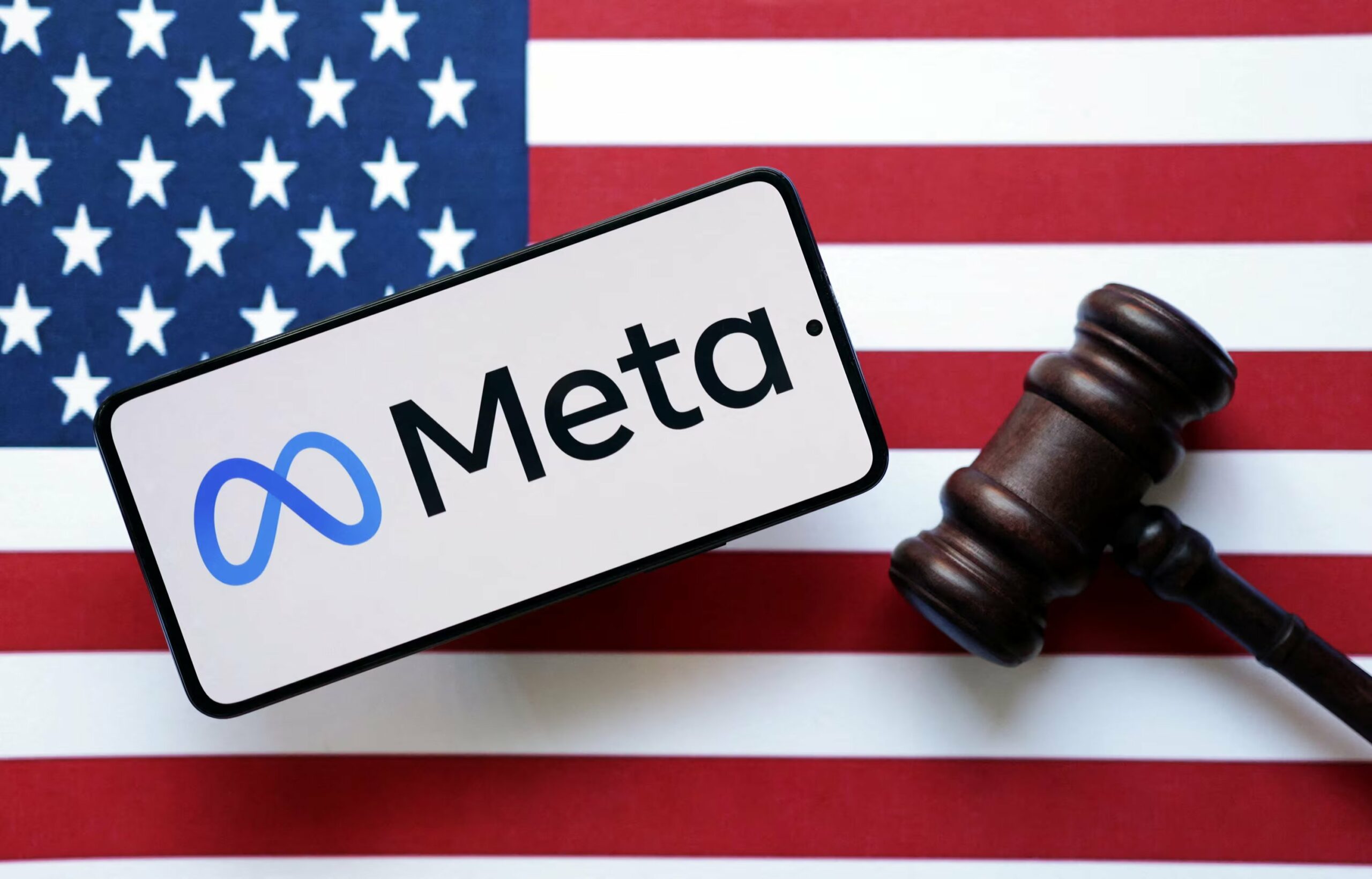News
The Courtroom Win That Revealed Meta’s Identity Crisis

In a twist that feels ripped from a corporate thriller, Meta, the parent company of Facebook and Instagram, just won a massive legal battle. But the victory speech probably tasted more like ash than champagne.
A federal judge looked at the government’s case to break up Meta and said, essentially, “Why bother?” His reasoning had nothing to do with Meta’s immense power and everything to do with its fading soul. The judge ruled that Meta isn’t a monopoly because, in the relentless churn of the digital age, it’s no longer special.
The Moat That Drained
For over a decade, Meta’s fortress was its “social graph.” That’s the tech term for the intricate web of your real-life relationships mirrored online. Leaving Facebook meant leaving behind Aunt Carol’s vacation photos, your college roommate’s life updates, and the group chat with your cousins. That network was a moat so wide, no competitor could cross it.
But Judge James Boasberg pointed out a quiet, profound truth in his ruling: that moat is drying up. He observed that for many long-time users, their Facebook friends list is no longer a vibrant community. It’s a “digital archive” of people they once knew. The posts from actual friends have become less interesting, replaced by an endless stream of… everything else.
The Algorithmic Arms Race
So, what filled the void? The very thing Meta once protected us from: content from strangers.
In a stunning statistic from the case, Americans now spend only 17% of their time on Facebook looking at content from friends. On Instagram, that number plummets to a mere 7%. The rest of the scroll is dominated by short-form videos from people you’ve never met, curated not by your personal connections, but by an artificial intelligence algorithm guessing what might hold your attention for one more second.
This was Meta’s strategic pivot. To compete with the explosive rise of TikTok, it leaned hard into “unconnected” content. It cloned features, launching its own versions of Stories and Reels. In doing so, it willingly entered an algorithmic arms race with TikTok and YouTube, where the battlefield is no longer who you know, but what you watch.
A Crowded, Sameness
The judge’s conclusion was brutal in its clarity. He wrote that Facebook, Instagram, TikTok, and YouTube have evolved to have “nearly identical main features.” The very products that were once unique are now indistinguishable. Your For You page, your Reels feed, your YouTube Shortsthey’re all different doors into the same endless, AI-powered content warehouse.
This sameness is why Meta’s market share, measured by our precious time and attention, is declining. When every app offers the same core experience, loyalty vanishes. You can get your viral video fix anywhere.
The public reaction on tech forums and social media often echoes this sentiment. Users lament that their Instagram feeds feel less personal, that Facebook has become a marketplace of random videos and ads. The victory in court confirms a feeling many have had for years: these platforms are changing, and not in a way that always benefits the user.
So, What’s Next for the Giant?
Make no mistake, Meta is still a colossus. It rakes in hundreds of billions in revenue and is betting big on the next frontier: artificial intelligence and chatbots. But its courtroom win underscores a critical lesson. A company can be immensely profitable while simultaneously losing its defining purpose.
The ruling paints a picture of a company at a crossroads. It won the legal fight to keep its family of apps together, but in the process, a federal judge documented its transformation from a unique digital town square into just another player in the content factory. The real question isn’t whether Meta is a monopoly. It’s whether, in the race to copy its competitors, it lost the very thing that made it indispensable.
{Source: Mybroadband}
Follow Joburg ETC on Facebook, Twitter , TikTok and Instagram
For more News in Johannesburg, visit joburgetc.com



























